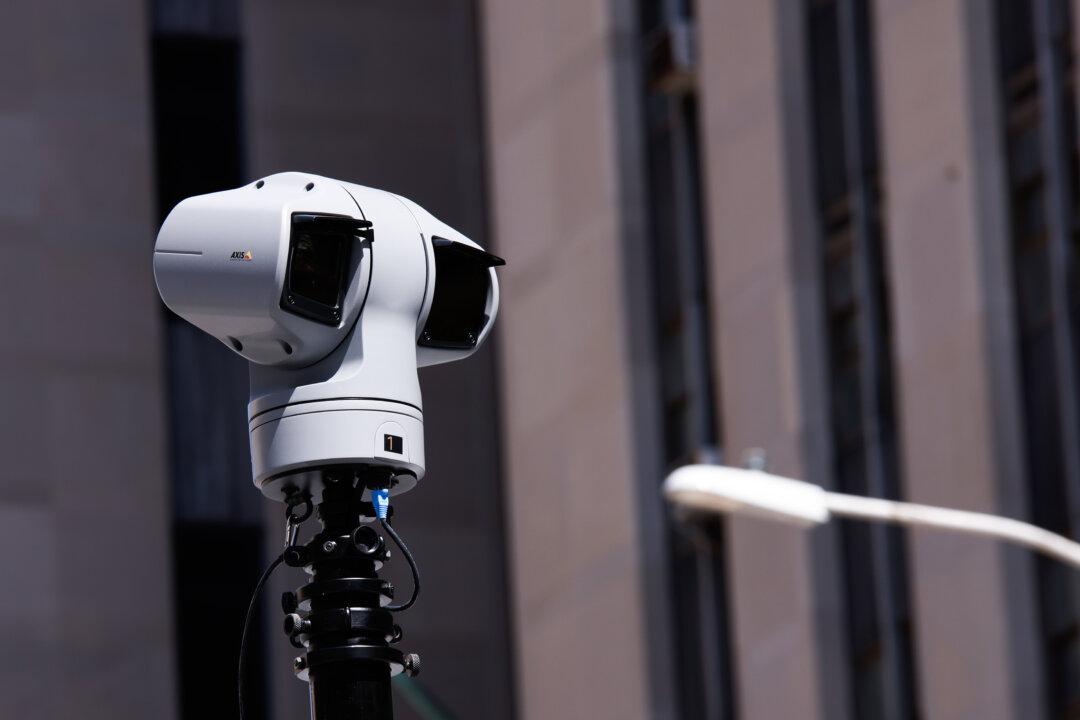The U.S. Transportation Security Administration (TSA) is testing out the use of facial recognition systems at American airports, which some experts worry could compromise privacy and civil liberties.
TSA’s pilot project involves travelers placing their ID cards into a slot and facing a camera on a screen. The camera captures their image and then compares it to their identification.





